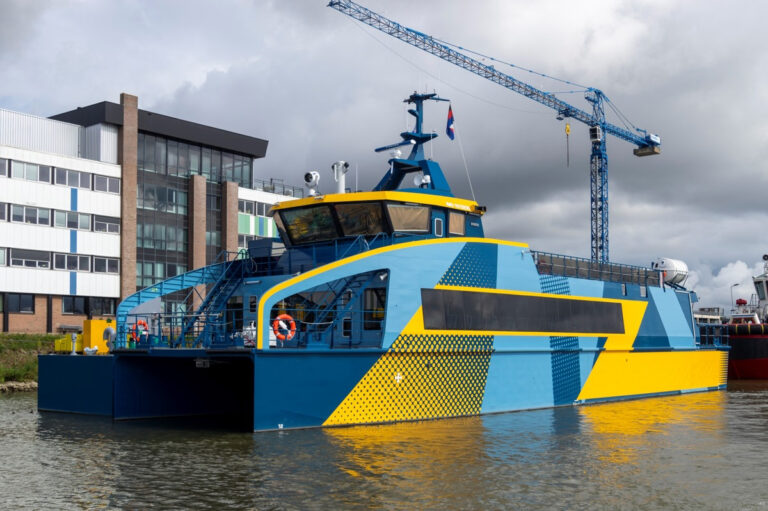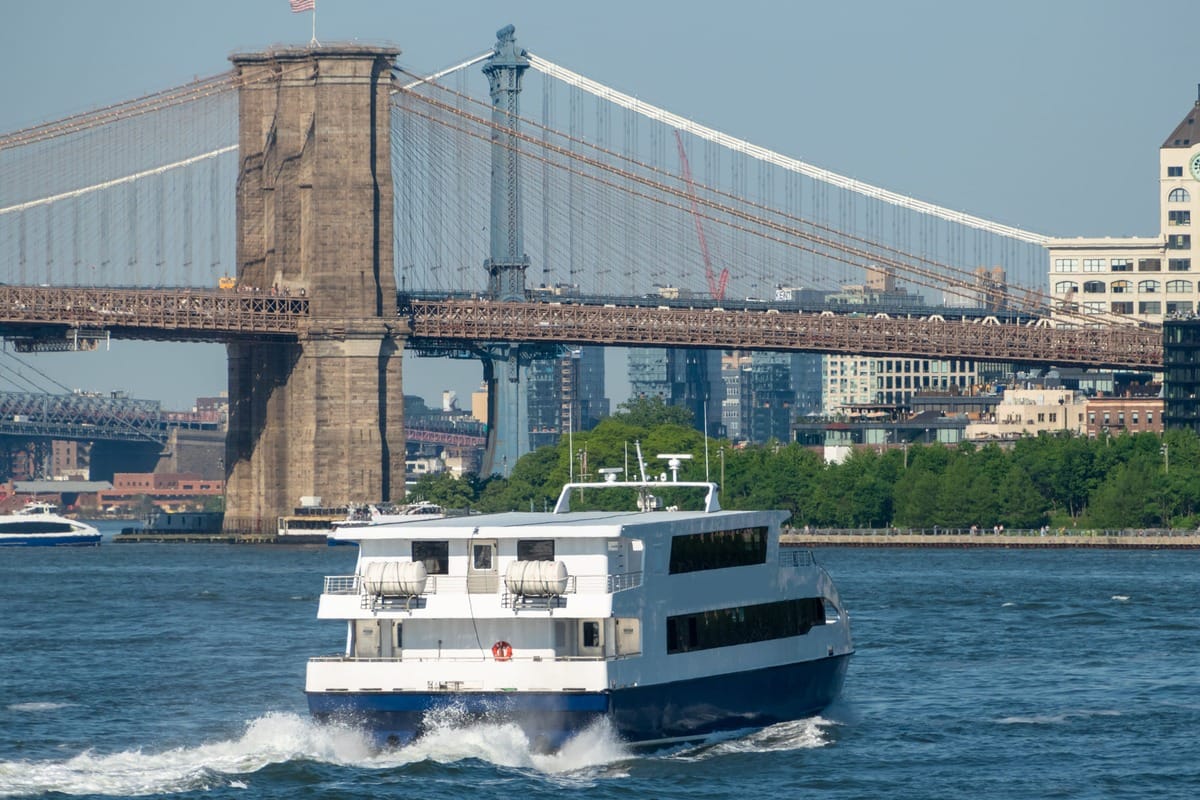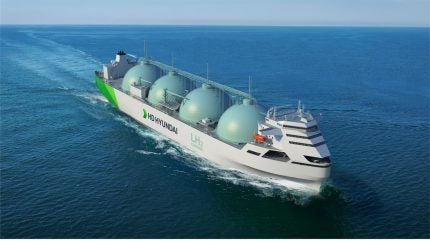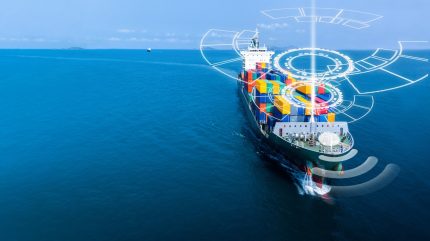A fully electric catamaran (E-Kat) ordered by German shipping company AG Reederei Norden-Frisia has wrapped up the official acceptance trials.
The post Germany’s ‘first’ all-electric seagoing vessel aces acceptance trials appeared first
A fully electric catamaran (E-Kat) ordered by German shipping company AG Reederei Norden-Frisia has wrapped up the official acceptance trials.

The 32.3-meter-long and 9.6-meter-wide catamaran is said to be ‘the first’ fully electric German seagoing vessel.
Built by Dutch shipbuilder Damen Shipyards, the vessel was launched in Gorinchem, the Netherlands, in late June 2024.
The completion of the acceptance trials means that requirements have been met for official approval, necessary permits, the conclusion of the required insurance, and the transfer to the home port of Norddeich.
“All formalities have been completed,”Michael Garrelts, Technical Inspector at AG Reederei Norden-Frisia, commented.
“If the weather plays along, the E-Kat will arrive in Norddeich in January.”
The charging infrastructure on land has also been largely installed. Charging with full power of 1,800 kW has already been tested at the pier.
“As it stands, we can start the season as planned with regular trips between Norddeich and Norderney,” Garrelts added.
The aluminum vessel, capable of accommodating up to 150 passengers, is part of a comprehensive sustainability concept of the AG Reederei Norden-Frisia. The shipping company has already covered 600 parking spaces in Norddeich with photovoltaic modules and installed additional photovoltaic systems on all suitable buildings of the shipping company on the mainland and on the islands. In addition, all of the shipping company’s parking spaces feature charging stations for electric vehicles.
“Our long-term goal is to create a closed cycle of electricity production and electricity consumption,”Cal-Ulfert Stegmann, Executive at AG Reederei Norden-Frisia, said.
With the e-catamaran, the travel time between Norddeich and Norderney will be almost halved.
“We will not cause any CO₂ emissions,” Stegmann continued.
The journey time with the E-Kat to Norderney will be just 30 minutes. Once back in Norddeich, the battery is recharged in around 28 minutes and the vessel can then start its next journey to the island. The plan is to use the ship in the high season and to sail to the island of Norderney up to eight times a day.
In related news, Dutch energy storage systems provider EST-Floattech was awarded a contract last year to provide a battery system for the electric fast ferry built for AG Reederei Norden-Frisia.
Related Article
READ MORE
Content Original Link:
" target="_blank">


























































